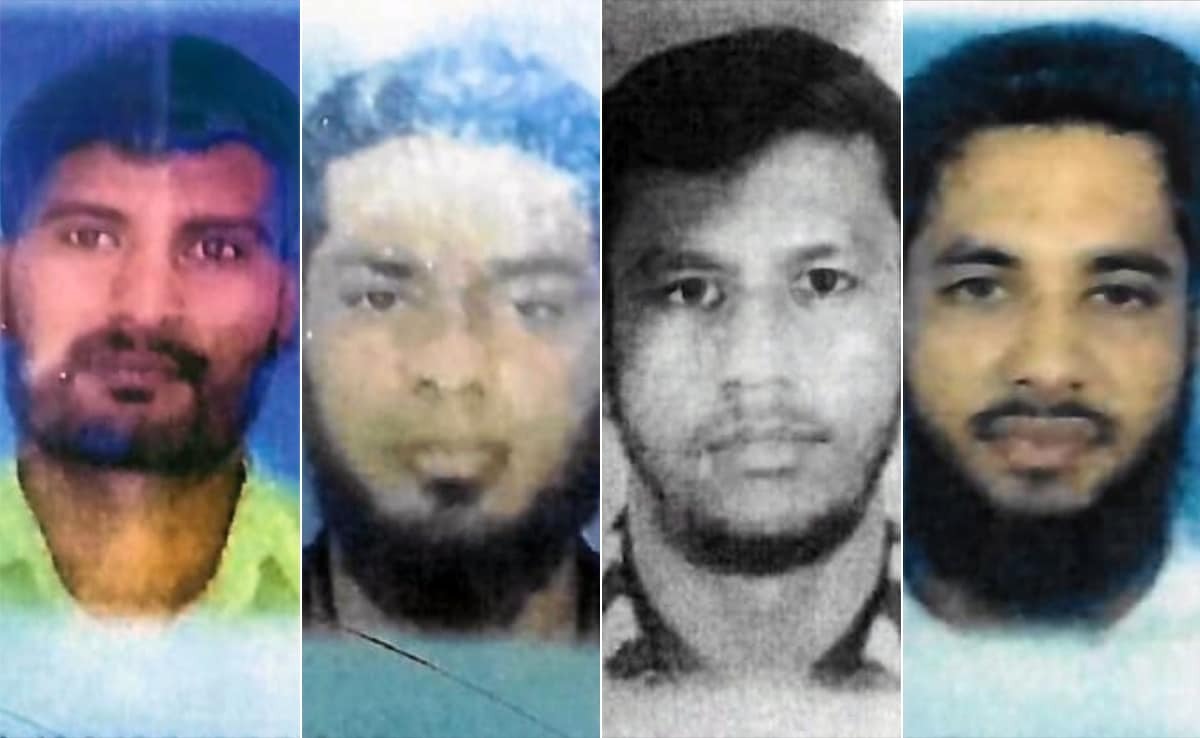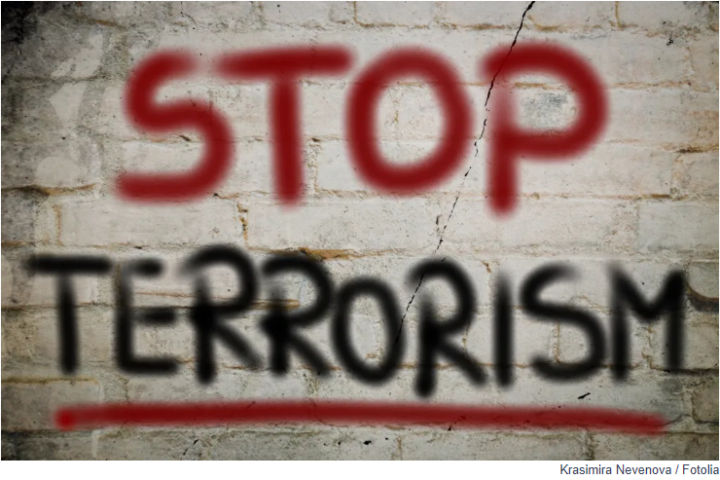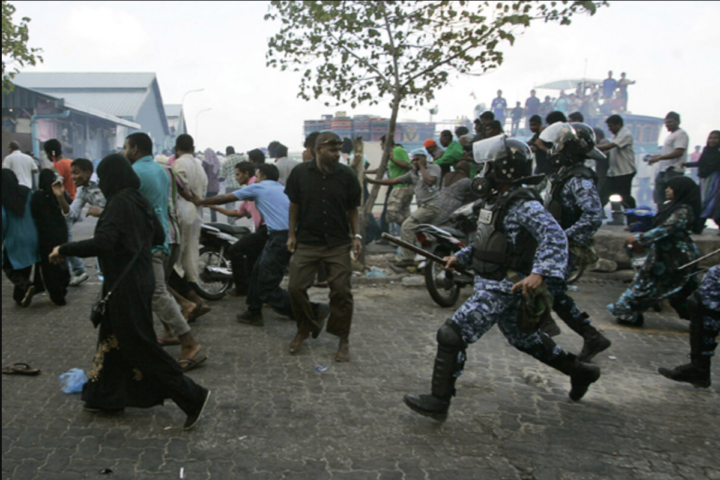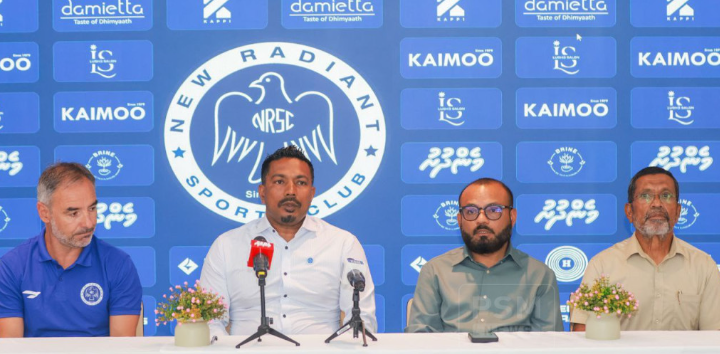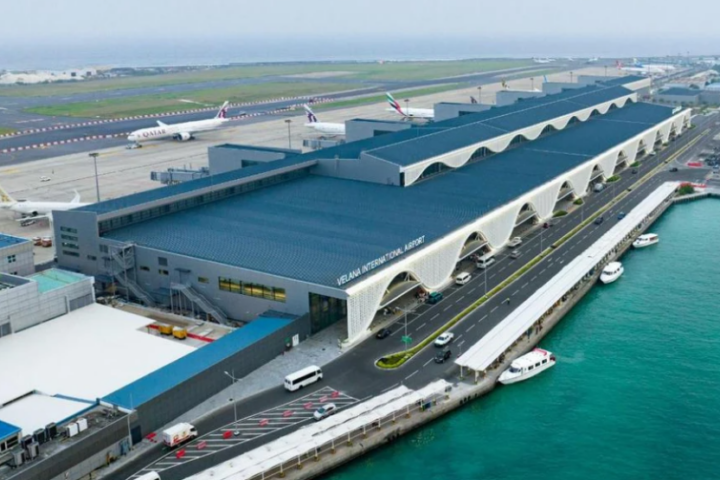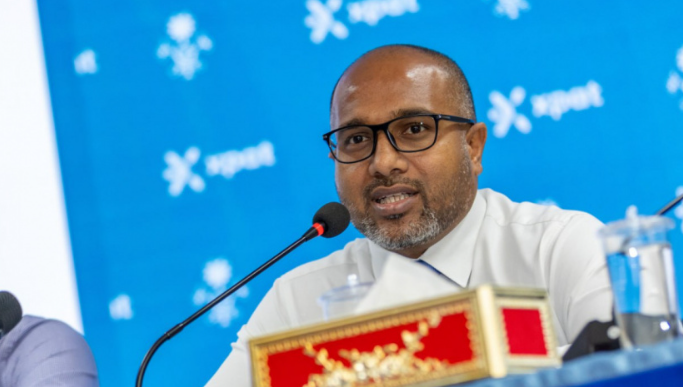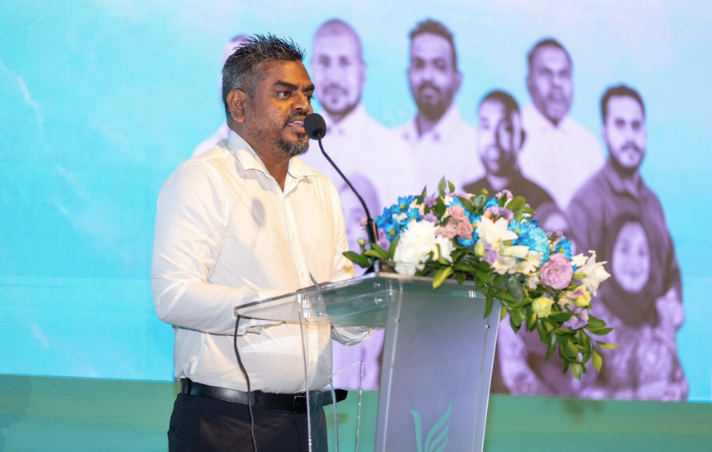AHMEDABAD, Gujarat’s Anti-Terrorist Squad (ATS) arrested four Sri Lankan nationals at Ahmedabad airport on Monday, citing connections to the Islamic State (ISIS). The detainees, all named Mohamed, were reportedly in contact with a key ISIS figure known only as Abu, whose full identity not disclosed to media.
Authorities identified the suspects as Mohamed Nusrat (33), Mohamed Nafran (35), Mohamed Faaris (27), and Mohamed Rashdin (43), all hailing from Colombo. Their arrest followed a coordinated operation that led to the discovery of an ISIS flag and three loaded pistols in their possession. An additional cache of weapons and another ISIS flag were uncovered at a secondary location near Ahmedabad.
The presence of the pistols raises serious questions about security lapses, as the suspects had traveled by air from Colombo to Chennai and then to Ahmedabad. How these weapons evaded detection at Chennai airport remains a critical point of investigation for Indian authorities.
Upon inspection, the suspects’ mobile phones revealed photos and videos indicative of their involvement with ISIS. The police’s preliminary analysis points towards their alleged intentions to engage in terrorist activities within India.
The suspects’ journey originated in Colombo, proceeding through Chennai before reaching Ahmedabad. While there are claims that they were acting on instructions from a handler in Pakistan, these allegations have yet to be substantiated with evidence. Local reports further suggest the suspects had affiliations with the banned Sri Lankan militant group, National Thowheeth Jamath (NJT).
During interrogation, the four men reportedly confessed to their plans for terrorist activities in India, supported by financial resources. They have been charged under the Unlawful Activities (Prevention) Act (UAPA), the Indian Penal Code (IPC), and the Arms Act.
This incident raises alarms in the Maldives, given the historical and geographical proximity to Sri Lanka and the shared concerns about regional security. The Maldives, like many neighboring countries, has been vigilant about the influence of extremist groups and the potential for radicalization within its own borders. The revelation of Sri Lankan nationals allegedly plotting terrorist activities in India underscores the broader regional threat posed by ISIS and other militant organizations.
The Maldives must remain committed to regional cooperation in combating terrorism, emphasizing the importance of intelligence sharing and coordinated efforts to thwart such threats. The Maldives National Defence Force (MNDF) and other security agencies should be on high alert, monitoring any potential spillover of extremist activities. The vigilance is crucial to maintaining the nation’s peace and stability, especially as it continues to host a growing number of international tourists and high-profile events. (Agencies)
